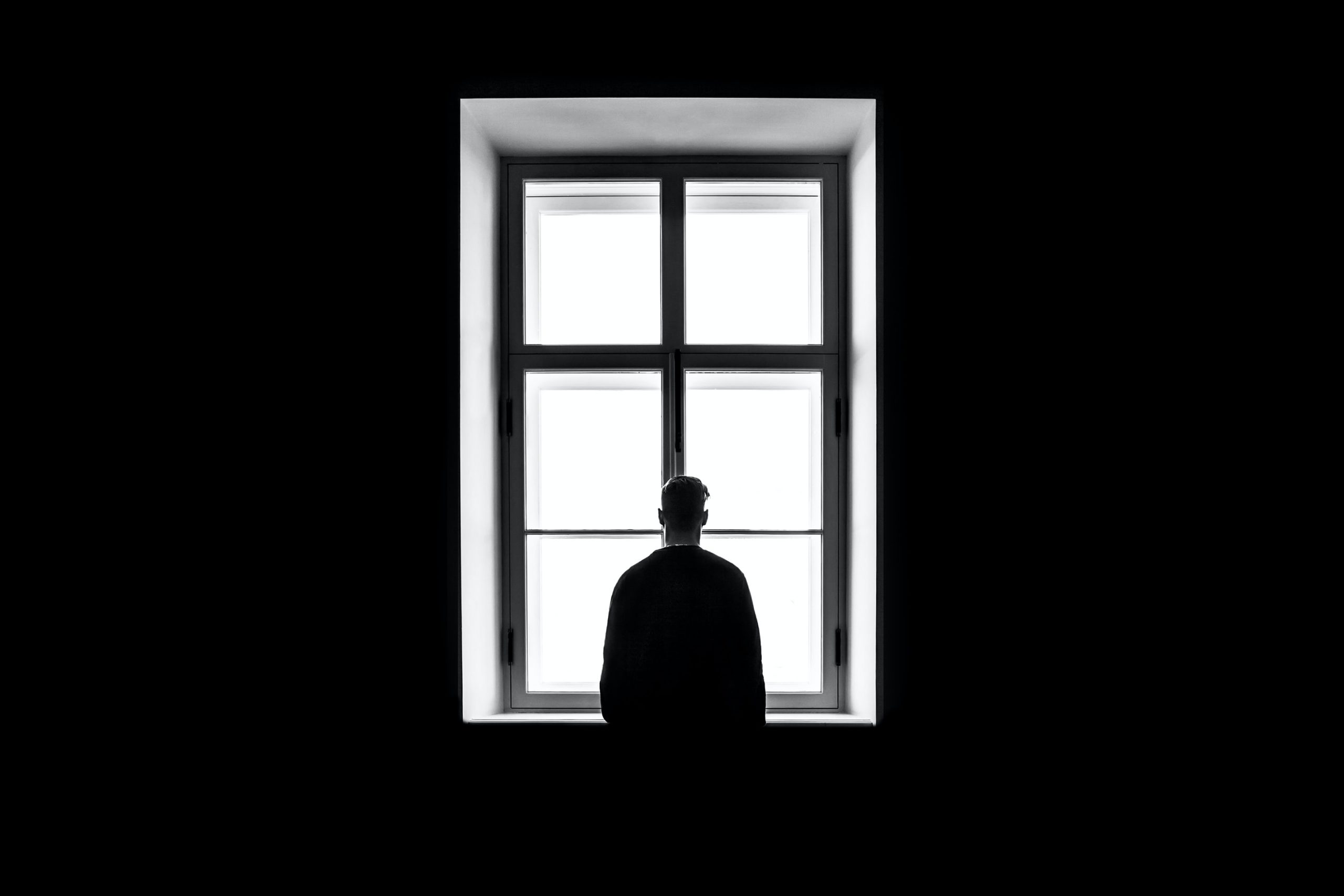5 March 2020
The other day I asked a friend at church how he was. He did a good thing in his answer. He replied honestly! He said the ‘Black Dog’ (i.e. depression) was getting him down.
Sometimes when the Black Dog growls you just can’t make it to church. But that day, he was able to turn up! Indeed he came early to serve on a roster for his congregation.
I don’t think he was looking forward to a great day. But he knew that sometimes you could still be useful when you’re feeling depressed. I was so glad to hear his honesty and to see him! I gained a little insight into what his mental health battle meant for him.
It reminds me to recommend a book called Down, Not Out, by Chris Cipollone. Its sub-title explains its topic: Depression, Anxiety and the Difference Jesus Makes.
It’s a good short book to help both sufferers and those interested in understanding and supporting them.
Here are some quotes to give you a taste of Down, Not Out…
God can be as much in the pastor’s healing hands as he is in the doctor’s training. Both positions can be abused and used foolishly, but they can also be used to bring about mercy and goodness.
The kind of healing Brian experienced can and does still happen in the Western world. We must not underestimate prayer when something goes wrong in our bodies and minds. But we need to also remember to thank and credit God when he works though doctors, psychologists and other health professionals. In these, also, we find answers to our prayers.” [p85]
Under the heading of ‘“And” or “But”’…
Consider the implications if I say, “The gospel provides hope but I feel hopeless”.
The use of the word “but” serves to negate the first part of the sentence. In other words, my sense of hopelessness wins out over the hope the gospel provides.
Now, what if I say, “The gospel provides hope and I feel hopeless”?
This changes things. Now I can feel hopeless and the hope of the gospel can still be true. The sun can be shining and I can feel low… In the same way, the hopelessness we can feel does not have the power to stop the hope we have. God is bigger than that. [p46]
In a chapter on loving and caring for others…
…if you decide you want to take a caring role in a loved one’s life, you should expect a chronic, indefinite timescale. This isn’t to say that mental illness will inevitably last a lifetime, although it may. Rather you need to emotionally prepare yourself for a long-term investment in somebody’s life.
When we care for someone who is mentally ill, we can easily feel the pressure to “save” that person. So we think it’s our responsibility to make them better, and that it’s our fault if they don’t recover. But however much you love them, you cannot be their saviour. And you don’t need to! Your role is to patiently love them, and point them to the Lord. He is the true Saviour – not you. [p128]
Sandy Grant,
Senior Minister





